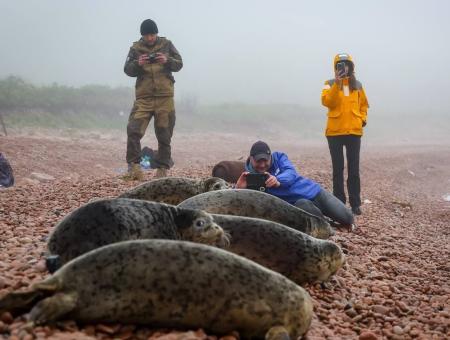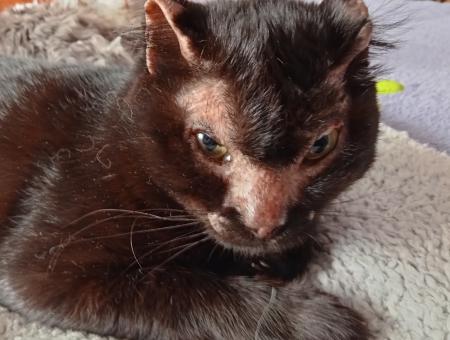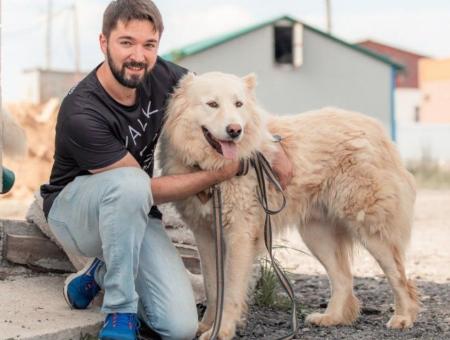The nomination "Responsible for those ...": Doctor Sofia Sorokina refused to euthanize a hopeless cat, but on the contrary gave him a second life.
111



The nomination "Responsible for those...": Employees of the Tyulen rehabilitation center in Tavrichanka returned more than 120 spotted seals to the sea.

The nomination "Our Brothers": The service dog of the Republican Ministry of Emergency Situations took part in rescue operations in Turkey, Myanmar and more than once found "lost ones" in the forest.
- Chuvash rescuers evacuated people from a burning house and resuscitated a dying cat
- New member of the jury — Tatiana Larina (Belarus)
- The dog – traveler overcame the way from Kazakhstan to St. Petersburg
- In Siberia, volunteers from the Omsk Tails shelter saved a family of Dalmatians from starvation.



